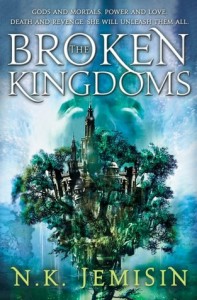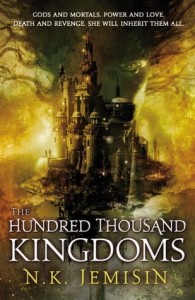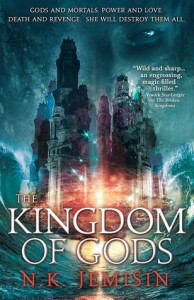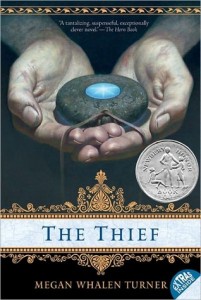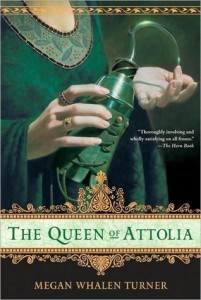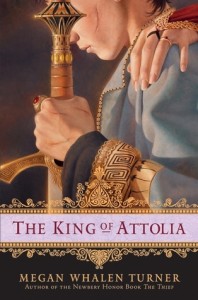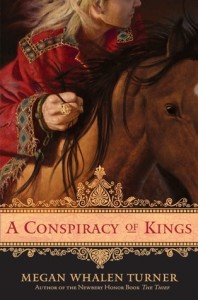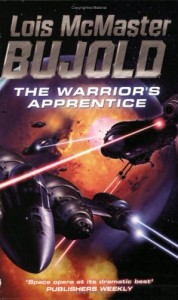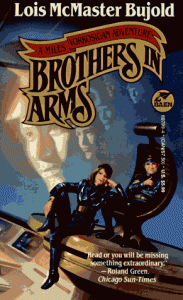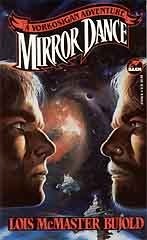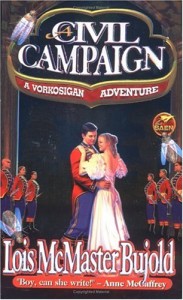Or:
Why I Hate Have Extremely Mixed Feelings About Avatar
I’ve put off writing this post because I wasn’t sure I could put my thoughts (and my knee-jerk reactions) into words. But it’s been years now, and I still haven’t managed to sort it all out. So I’m going to go with what I have and see if I can’t find some clarity by the time we come out the other side. This post will contain spoilers for Avatar and The King’s Speech, so if you don’t know how those two movies end and the title of this post hasn’t already given the game away, then stop reading.
Characters need flaws in order to be interesting. They need challenges to face and overcome. This is a very basic concept of fiction and most authors who don’t get this usually don’t get past the submission process. Some have taken it to the next level and given their characters staggering physical challenges. But if that character is suddenly healed by the end of the story, somehow it feels like cheating. It feels like the author is saying, “You’ve got the strength and the skill to make it through, but if you want to stand on this pedestal and be called a hero, you have to look the part.”
I recognize this is not what they want to say or what most people see when they finish the book. I recognize some of my disgust comes from my own hang ups and insecurities. But that doesn’t change the fact that I finished watching Avatar and felt like James Cameron was telling me I couldn’t be a hero because I use a wheelchair. Jake chose the healthy, studly body over the broken one, and it made sense from a practical standpoint. But that put a twist on the ending. Jake ran away from harsh reality and was rewarded by getting to live a fantasy, and that left a sour taste in my mouth.
So my problem might have something to do with the way the healing is treated in the story. For example, there was no sour taste at the end of The King’s Speech. The whole movie was about King George fighting against and eventually managing his speech impediment. The resolution was triumphant instead of disappointing. I think it’s because he wasn’t “healed”. The problem or flaw didn’t go away entirely. He learned to work with it, speak around it. His reward was self-confidence and respect. Whereas in Avatar, Jake’s healing was more like a prize. “Yay, you saved the day! Here have this body. It’s bigger and better than the old one!”
Healing offered as a reward for a job well done seems like a slap in the face. As if all the growth and challenges the character went through don’t mean anything unless there’s a really spectacular prize at the end. Like legs that work. I guess that was the point I was looking for. Does the healing add breadth and depth to a character or is it more a convenience? You can tell which I prefer.
I wrote this to start a discussion because I feel like there could be a lot more sides to the issue. So what do you think about healing characters with disabilities?

